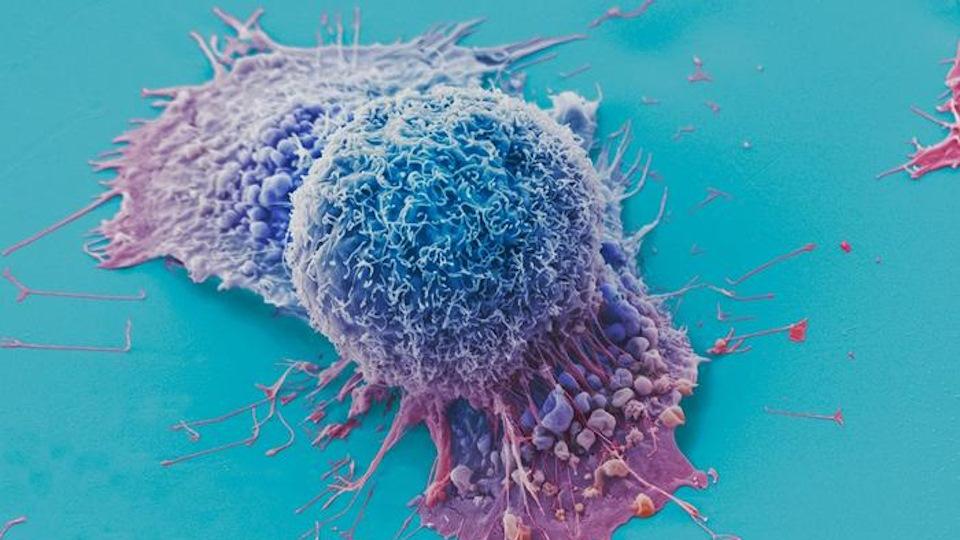Fujifilm acquires AI tech to improve fertility treatment

Fujifilm's Irvine Scientific unit has licensed rights to an artificial intelligence-powered technology developed to improve the success rate of in vitro fertilisation (IVF) techniques.
The cell culture specialist, a player in assisted reproductive technologies (ART), has licensed the platform from Brigham and Women’s Hospital and Massachusetts General Hospital, where it was developed.
During IVF, egg cells (oocytes) are mixed with sperm cells in vitro to allow fertilisation and the formation of embryos that can be transferred into the mother's uterus, creating a pregnancy that has a chance of being carried to term and delivered normally.
The technique has a notoriously low success rate, resulting in a birth in around a third of women aged under 35, reducing to around 10% or less once they are in their 40s.
In most cases, estimated to be as high as 95%, the reason for failure is that the embryos selected for implantation have chromosomal or other genetic abnormalities that makes them fail to develop – a situation known as embryonic arrest.
The licensed platform uses AI and imaging to examine embryos so that the best and fittest candidates can be selected for IVF procedures, and according to Fujifilm Irvine Scientific requires no special or specific imaging equipment.
"The utility, versatility, and robustness of our AI system in the IVF clinic has been repeatedly demonstrated in numerous international scientific publications, with our most recent work in Nature Biomedical Engineering highlighting its domain adaptability and reliability," said Hadi Shafiee of Brigham and Women’s Hospital.
The study showed that low-quality images acquired using inexpensive portable optical systems could be used to train networks for the evaluation of embryos, as well as sperm morphology.
"Tools to assist with embryo selection are only the beginning," said Steve Geimer, head of Fujifilm Irvine Scientific's medical business unit.
"Development and testing of applications to support the selection of oocytes, sperm, and genetic assessment are in progress," he added. That could allow the best egg and sperm candidates to be chosen, further raising the chances of success.
Fujifilm Irvine Scientific has taken an exclusive license to the technology but says it intends to offer non-exclusive access to other companies who wish to use it for their own ART projects.
"Offering non-exclusive licensing to other companies will enable image-based AI to become an industry-standard in IVF and reproductive healthcare," said Geimer.
Terms of the deal were not disclosed.
Another company – Canada's Future Fertility – has also developed an AI that it says can predict the viability of cryopreserved eggs used for IVF, and came out of stealth mode earlier this year with a financing backed by fertility drug developer Merck KGaA.












